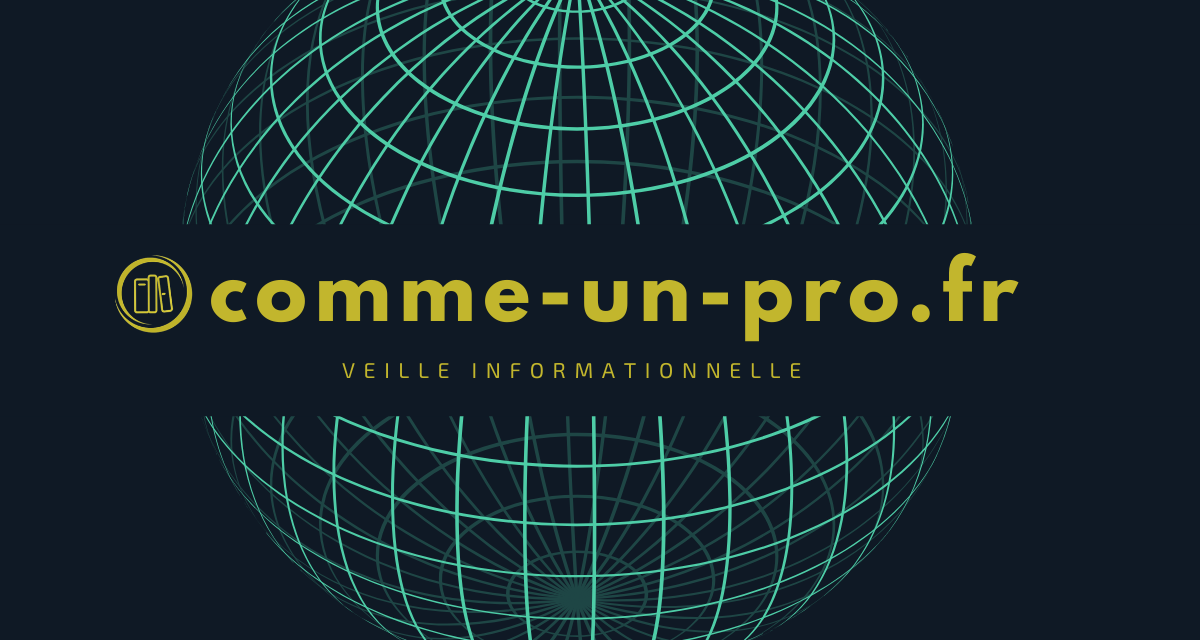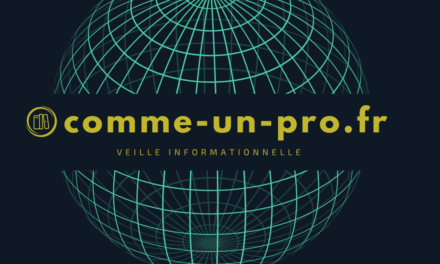Since the Singapore declaration on scientific integrity in 2010, the international scientific community has mobilized to ensure that the methodological and ethical requirements of research are more clearly affirmed, in a context where the race for novelty and the introduction of a reinforced competitive logic multiply the risks of drift. In addition, the strengthening of regulations and the challenges of social responsibility require knowledge and appropriation of the fundamental principles of scientific integrity.
The various research organizations in France have multiplied initiatives and their convergence has led to the signing of the charter of ethics for research professions by the CPU (Conference of University Presidents) and the main organizations in January 2015. Following the report submitted by Pr. Pierre Corvol in 2016, “Assessment and proposals for the implementation of the national charter of scientific integrity”, several decisions were taken, in particular:
- doctoral schools must ensure that doctoral students receive training in ethics and scientific integrity,
- the establishments have appointed a referent for scientific integrity,
- a French Office for Scientific Integrity (OFIS) was set up in 2017 at HCERES.
Committed to this issue in 2012 with the adoption of a charter, the University of Bordeaux, in partnership with the CPU, COMETS-CNRS, INSERM and INRA, developed the training on scientific integrity that we offer on FUN. Benefiting from the support of IdEx Bordeaux and the College of Doctoral Schools, this training was designed with the Support Mission for Pedagogy and Innovation (MAPI) of the University of Bordeaux.
This training has been followed by doctoral students from the University of Bordeaux since 2017 and by other establishments since 2018. It was introduced as a MOOC on FUN from November 2018. Nearly 10.000 learners have registered .es every year in the first two sessions (2018/19 and 2019/20). Of the 2511 learners who responded to the training evaluation questionnaire during the last session, 97% found it useful and 99% felt they had acquired new knowledge.


